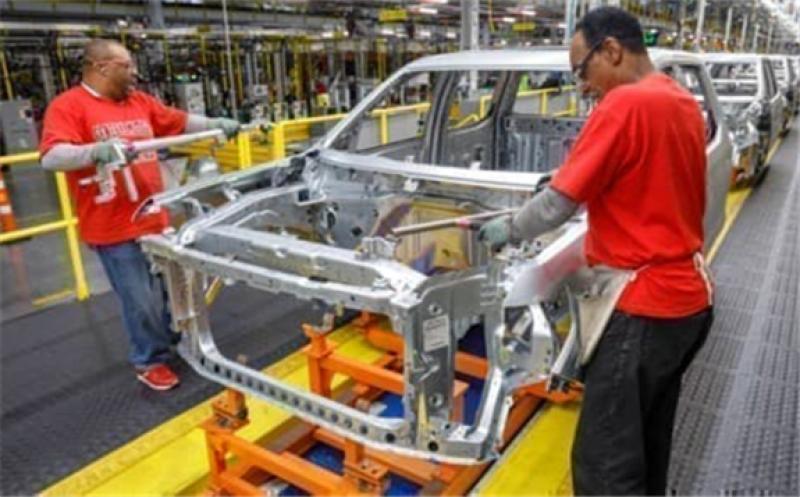Weeks after General Motors pledged to work for an all-electric future, the highest-selling U.S. automaker announced this week a partnership with MIT spinoff SolidEnergy Systems to speed up the commercialization of lithium metal batteries that could dramatically cut electric vehicle (EV) costs and boost range. GM Ventures was an early investor in lithium metal battery innovator SolidEnergy Systems in 2015 when GM and SES began a close working relationship.

Now GM and SES plan to build a manufacturing prototyping line in Woburn, Massachusetts, for a high-capacity, pre-production battery by 2023. GM’s lithium metal battery with a protected anode will feature a combination of affordability, high performance, and energy density, the carmaker said.
“Affordability and range are two major barriers to mass EV adoption,” General Motors President Mark Reuss said.
“With this next-generation Ultium chemistry, we believe we’re on the cusp of a once-in-a-generation improvement in energy density and cost. There’s even more room to improve in both categories, and we intend to innovate faster than any other company in this space,” Reuss added.
GM committed in January to eliminate all tailpipe emissions from new light-duty vehicles by 2035 as part of a wider strategy to become a carbon-neutral business by 2040.
The automaker had already stated in November 2020 its ambition to lead in the EV race with higher investments and 30 new global EV launches by 2025. Back then, GM said that its Ultium battery packs are projected to cost 60 percent less than today’s packs with twice the energy density. GM’s Ultrium-based EVs, when produced, will be capable of driving ranges up to 450 miles on a full charge, the carmaker said.
Range and battery cost improvements, not only from GM but also from other players in the increasingly crowded EV market, are set to lower EV prices and boost their performance—the two key hurdles to attracting even more consumers.
Battery costs have fallen by 87 percent since 2010, but additional cost declines will be necessary so that EV prices could erase the current price advantage of conventional cars.
Further cost reductions in battery pack prices could allow EVs to compete with ICE cars when battery pack prices drop to $100 per kilowatt-hour in 2023, BNEF’s 2020 Battery Price Survey showed in December.
Average battery prices below $100/kWh are widely considered the tipping point for mass EV adoption.
According to recent research from Cairn Energy Research Advisors, cited by CNBC, Tesla leads the EV race in battery cost reductions and will continue to do so this decade, but GM—thanks to its all-electric commitment—will narrow the gap and close in on Tesla’s battery costs by the end of this decade.
Cairn Energy Research Advisors has estimated that Tesla currently pays an average of $142/kWh for battery cells, compared to GM’s $169/kWh and an industry average of $186/kWh.
Tesla’s battery packs cost on average $187/kWh versus GM’s packs cost at $207/kWh and the auto industry’s average of $246/kWh for battery packs, Cairn ERA said.
“GM is fully committed and is taking this complete integrative approach which is going to allow it to be very close to Tesla, although the scale still isn’t in the same ballpark as what Tesla is planning,” Sam Jaffe, managing director of Cairn ERA, said in the report, as carried by CNBC.
Tesla is the EV maker to beat in the increasingly heated race for zero-emission transportation. The growing EV market with legacy automakers from GM to Volkswagen—and even start-ups—could prove the catalyst the entire EV industry needs to win over consumers with higher vehicle ranges and lower car prices.
This article is reproduced at oilprice.com